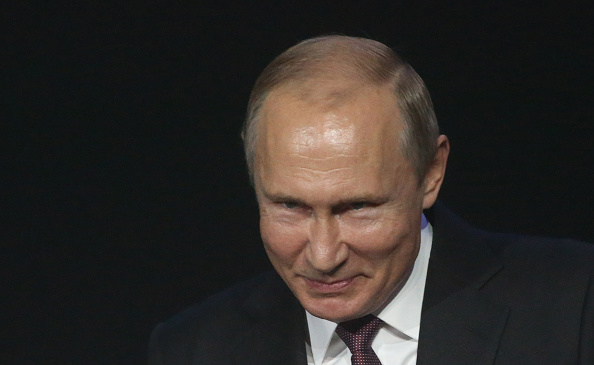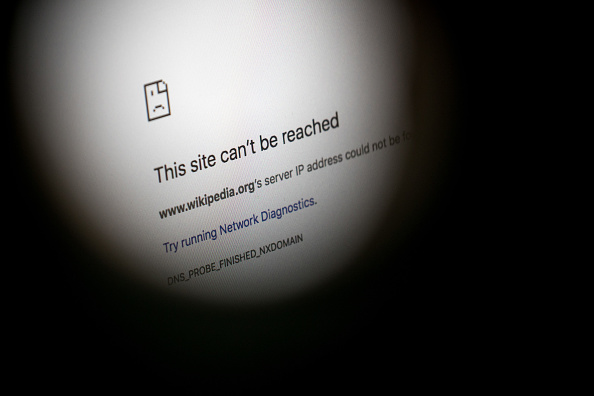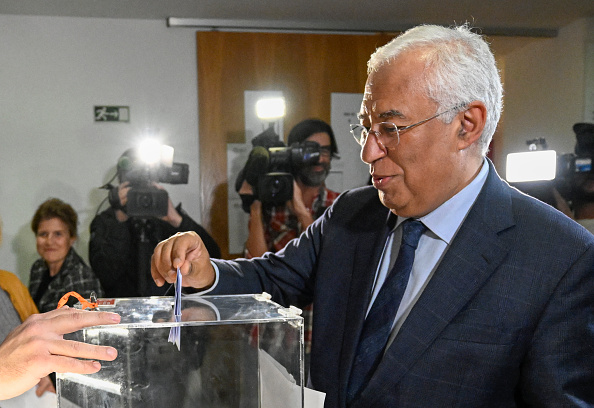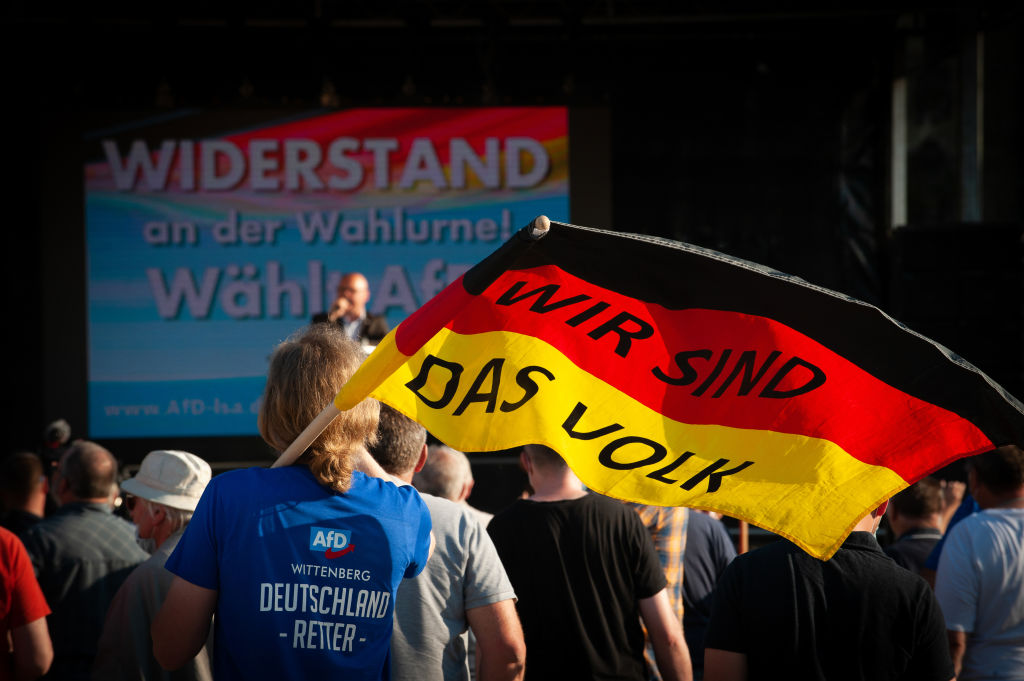If migration is the big story ahead of June’s European Parliament elections, Sweden is where it hits home.
Two Swedish nationals were shot dead in Brussels on October 17 by a rejected asylum-seeker. Those killings in part led Nordic governments to agree at a Copenhagen summit to co-operate more closely on returning immigrants to their countries of origin, particularly rejected asylum seekers.
Swedish European Commissioner for Home Affairs Ylva Johansson, a former minister in Magdalena Andersson’s Swedish Social Democratic Party, is in charge of European Union migration policy.
Andersson’s group is hoping to consolidate its support, with the left-wing outfit currently well in the lead, according to the latest polls.
Having briefly led a minority government from November 2021 to October 2022, she has since been relegated to the position of Sweden’s opposition leader. Such a demotion has come with benefits, though. Andersson has made good use of her time out of government to attack the policymaking of the centre-right.
As a result of her work, Sweden is one of a small number of countries where the centre-left could pick up seats in the upcoming EP elections, with the Social Democrats now aiming to take more of the country’s 21 MEP spots for itself.
With Andersson’s group currently holding five seats, Kevin Cunningham of the European Council on Foreign Relations (ECFR) predicted her party will increase its share to seven in June – more than any other Swedish party.
To the Right, the Sweden Democrats (SD) “look set to come second in the poll, mainly at the expense of the centre-right Moderata [Moderates party]”, said Cunningham.
Led by Jimmie Åkesson, that party is currently in a “confidence and supply relationship” with Prime Minister Ulf Kristersson’s coalition Government. (That is an arrangement in which a party or independent members of a parliament agree to support the government in motions of confidence and appropriation votes, but do not join the government themselves.)
The SD has used the relationship to push Kristersson closer to its own views on migration.
Louise Meijer, an MP for Sweden’s centrist Moderate party, has apologised to voters for her previous position on open borders, saying she regrets “making mistakes” by “pleading for openness and refugees [being] welcome". @meijerlouise https://t.co/K1EjpVX0Je
— Brussels Signal (@brusselssignal) March 15, 2024
A December poll showed Åkesson had overtaken Kristersson in public popularity.
Compared to the SD, Kristersson’s governing Moderata is now “likely to be punished for tacitly supporting Andersson’s minority government” in 2021-2022, Cunningham said.
As Sweden has faced increasing gang violence–Ncouncil of the eu seven people were shot within one 24-hour period in June 2023 – and with Sweden’s gun-death rate having risen 10 times higher than the UK’s, Kristersson faces political attacks from both Right and Left on the issue.
On the Left, Andersson is now calling for a gun amnesty and the possible mobilisation of the army in response, saying Kristersson was “not spending enough” and did not “seem to have a plan” regarding the rising violence.
On the Right, Åkesson also called for a military presence in violence-stricken areas, arguing: “We have thousands of men and women who have advanced weapons training.”
Despite such problems, Cunningham said Kristersson’s three-party coalition nevertheless found itself “in the growing group of national governments such as those in Hungary, Italy, Slovakia” that are “pushing for less interference from Brussels in national economic, fiscal and regulatory policies”.
Another plus for Sweden’s European elections hopes is that Stockholm held the six-month rotating presidency of the Council of the EU for the first half of 2023.
But, given Sweden’s summer of gang violence and the October shootings in Brussels since, Kristersson may not want to be reminded too much of that role, albeit one where he had made security the top priority.
In the European Parliament, Moderata and its four MEPs belong to European Commission President Ursula von der Leyen’s European People’s Party. It appears likely it will lose some of those seats.
By contrast, the Sweden Democrats look like they may be able to double their 2019 seat share, going from three current seats to six.
As Brussels seeks to ramp up its plans for further centralisation, ‘Swexit’ is now firmly on the radar for the Sweden Democrats.
Read more at https://t.co/or4u9sf8dF pic.twitter.com/AOyN4BlAR6
— Brussels Signal (@brusselssignal) November 28, 2023





